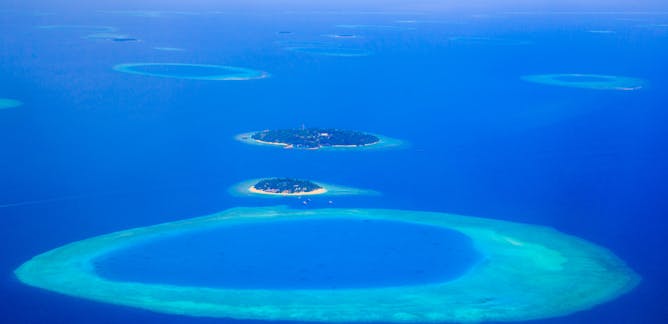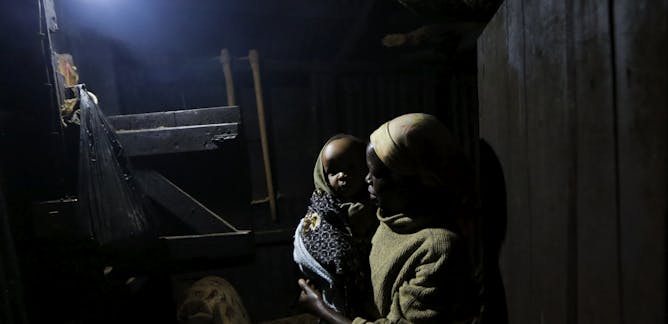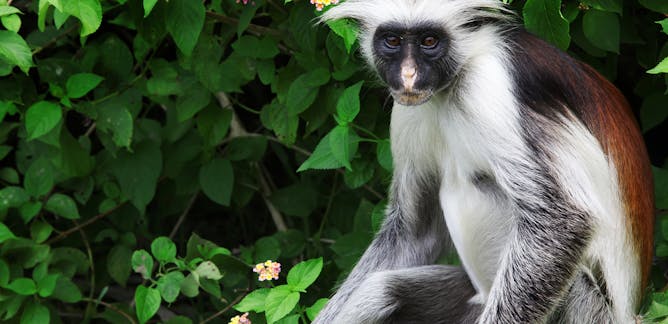|
True reconciliation between Germany and Namibia remains a faint hope, despite the recent return of human remains to the former colony. The ceremonies, and speeches, that accompanied the return underscored the fact that Germany still isn’t ready to acknowledge the atrocities that took place, to apologise and to commit to redress. Reinhart Kössler and Henning Melber unpack the issues.
African academics are often playing catchup when it comes to research output. In 2008, Africa produced 27 000 published papers – the same number as the Netherlands. The state of affairs has led to some bold new initiatives.
One is a successful collaborative model that shows it’s possible for Africans to revitalise the African academy - in Africa. Sharon Fonn explains how it was done and why it can be replicated. Another initiative that’s broken the mould involves a project that has the oceans as its area of focus. For this, global south academics are finding ways to tell new stories - and retell old ones - in a way that rewrites colonial narratives. Isabel Hofmeyr describes the initiative.
And how do African academic institutions ensure that graduates are equipped with the right skills and knowledge to navigate their way through a world being remade by the Fourth Industrial Revolution. Alex Broadbent sets out a pioneering approach, while Mahmoud Bukar Maina pins down what’s missing in Nigeria’s efforts to produce neuroscientists.
|

Demonstrators in Berlin demand justice for Namibian victims of German genocide.
Joachim Zeller
Reinhart Kössler, Freiburg University ; Henning Melber, University of Pretoria
The third repatriation of human remains in August this year was another missed opportunity for reconciliation between Germany and Namibia.
|
New research frontiers
|

Isabel Hofmeyr, University of the Witwatersrand
A new project takes a different look at the role of oceans.
| |

Sharon Fonn, University of the Witwatersrand
Working with African universities to effectively become research-intensive could transform sub-Saharan Africa's higher education landscape.
|

Mahmoud Bukar Maina FRSA, University of Sussex
With the right investment, the next few years could be extremely exciting for Nigerian neuroscience.
| |

Alex Broadbent, University of Johannesburg
The way humanities disciplines are taught at many universities does not lend itself to ready engagement with a changed and changing world.
|
|
|
Environment
|

Jörg Peters, University of Passau
A lighting revolution is underway across Africa that's occurred largely without government or donor involvement.
| |

Neil Burgess, University of Copenhagen
Tanzania faces the challenge of conserving forests in a developing country with a rapidly expanding population.
|
|
|